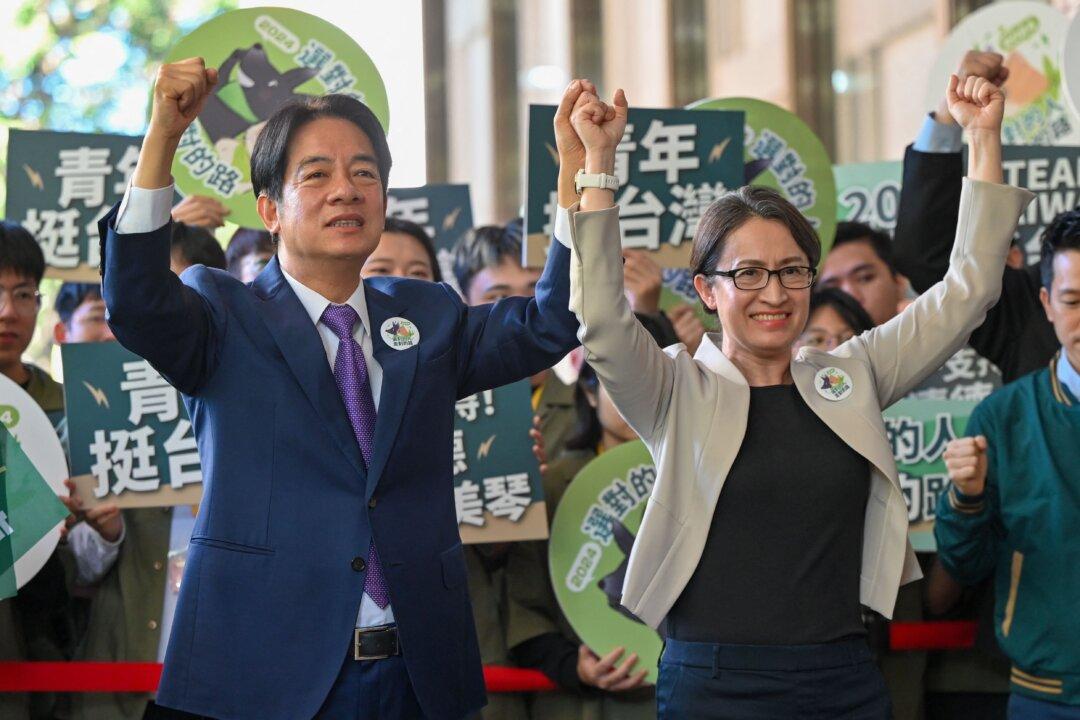The Chinese Communist Party (CCP) has made its most direct threat to Australia, warning of consequences if Australia supported Taiwan’s newly elected president, Lai Ching-te (William Lai), and his ruling Democratic Progressive Party.
In a statement, the Chinese Ambassador to Australia Xiao Qian cautioned that “If Australia is tied to the chariot of Taiwan separatist forces, the Australian people would be pushed over the edge of an abyss.”





